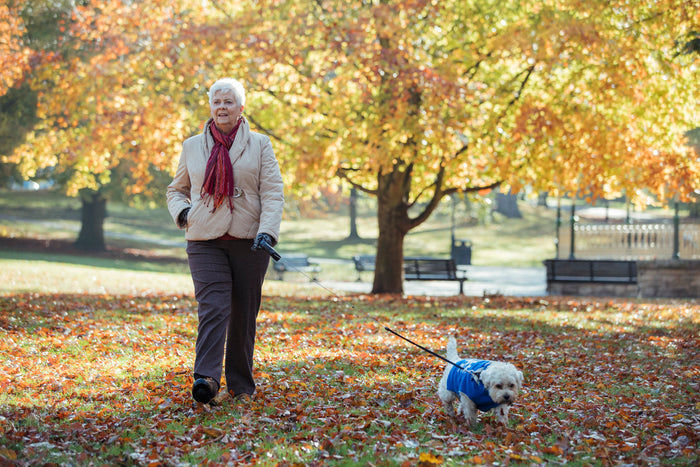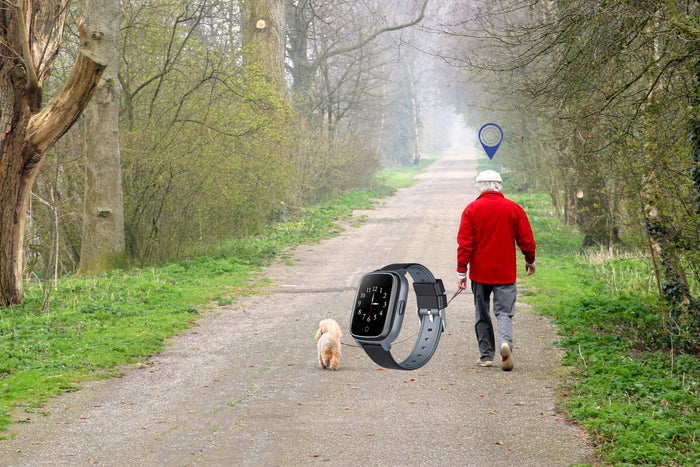How the Elderly Can Prevent Falls: Practical Tips for Staying Safe

How the Elderly Can Prevent Falls: Practical Tips for Staying Safe
Falls are a leading cause of injury among the elderly, often resulting in serious consequences such as fractures, hospitalisation, and a decline in overall health. However, falls are not an inevitable part of aging. By taking proactive measures, older adults can significantly reduce their risk of falling. Here are some practical tips to help the elderly stay safe and maintain their independence.
- Maintain Physical Activity
Engaging in regular physical activity is crucial for maintaining strength, balance, and coordination. Exercises such as walking, tai chi, and yoga can improve muscle tone and flexibility, making it easier to navigate daily tasks. Balance exercises, in particular, can be very effective. It's important to choose activities that are enjoyable and within one's physical capability. Consulting with a healthcare provider before starting any new exercise regimen is advisable to ensure the chosen activities are safe.
- Review Medications
Many medications have side effects that can affect balance and coordination, including dizziness and drowsiness. It's important for the elderly to have their medications reviewed regularly by a healthcare professional. This includes both prescription and over-the-counter drugs. A doctor or pharmacist can determine if any medications need to be adjusted or if there are safer alternatives available.
- Have Regular Vision and Hearing Checks
Good vision and hearing are critical for maintaining balance and spatial awareness. Annual eye exams can ensure that vision prescriptions are up-to-date and screen for conditions like cataracts and glaucoma that can impair sight. Similarly, regular hearing checks can help detect any hearing loss that might make it difficult to notice hazards. Addressing these sensory impairments promptly can significantly reduce the risk of falls.
- Create a Safe Home Environment
Modifying the home environment is one of the most effective ways to prevent falls. Here are some suggestions:
Remove Clutter: Keep floors clear of clutter, electrical cords, and loose rugs that can cause tripping.
Install Grab Bars and Handrails: Place grab bars in the bathroom near the toilet and in the shower or tub. Install handrails on both sides of staircases.
Improve Lighting: Ensure all areas of the home are well-lit. Use night lights in hallways and bathrooms.
Use Non-Slip Mats: Place non-slip mats in the bathtub and on shower floors.
Arrange Furniture Wisely: Keep frequently used items within easy reach to avoid unnecessary bending or reaching.
- Wear Appropriate Footwear
Wearing sturdy, non-slip shoes both inside and outside the house can provide better support and reduce the likelihood of slipping. Avoid wearing high heels, floppy slippers, or shoes with slick soles. Well-fitting shoes that provide good support are essential for maintaining stability.
- Use Assistive Devices
Using assistive devices can help maintain balance and provide support. Canes, walkers, and other mobility aids should be properly fitted and used as recommended by a healthcare provider. Additionally, installing devices such as raised toilet seats or shower chairs can make daily activities safer. Wear a personal fall alarm so that you can get help quickly if you do have a fall. WatchOvers provide a personal fall alert watch with automatic calling so you don’t even have to press the button to make the call if you have a fall.
- Stay Hydrated and Nourished
Dehydration and poor nutrition can lead to dizziness and weakness, increasing the risk of falls. Older adults should aim to stay hydrated and eat a balanced diet rich in essential nutrients. If there are concerns about nutritional intake, consulting with a dietitian can be beneficial.
- Take Care of Health Conditions
Managing chronic health conditions such as diabetes, heart disease, or arthritis is vital. These conditions can affect balance and mobility, so following treatment plans and attending regular medical check-ups are crucial for minimizing fall risk.
By incorporating these preventive measures, the elderly can significantly reduce their risk of falling, thereby enhancing their quality of life and preserving their independence. Taking proactive steps in fall prevention not only ensures safety but also promotes overall well-being.




